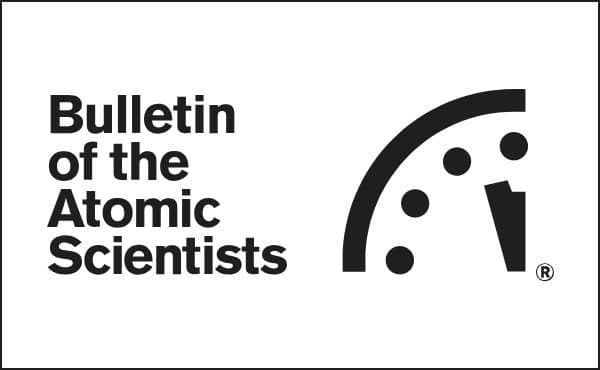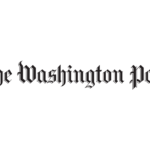A message to our community
By Rachel Bronson | March 16, 2015

Dear Friends: As the Bulletin’s new Executive Director and Publisher, I cannot think of a more important set of issues than those taken up by our editors, columnists, and contributors.
Dear Friends: As the Bulletin’s new Executive Director and Publisher, I cannot think of a more important set of issues than those taken up by our editors, columnists, and contributors. I am deeply grateful to each of you, the readers and donors who have sustained our capacity to cover these issues for 70 years.
Nuclear issues again dominate the headlines. A looming deadline in the Iran talks, a breakdown in US-Russia arms control negotiations, the continued spread of nuclear warheads to unstable states, and the massive nuclear modernization programs underway in the US and across the globe are among the many worrisome developments that have shifted the spotlight back to nuclear security and diplomacy. As the Economist magazine declared in its cover story earlier this week “the world is entering a new nuclear age.”
The Economist is not alone in its focus. Our February 25 story on the impact of a nuclear weapon detonating over Manhattan generated nearly 95,000 hits in less than three weeks. Eric Schlosser, who has written for the Bulletin, published an in-depth piece in the March 9 issue of The New Yorker on how an eighty-two-year-old nun helped to breach a so-called secure storage area at the nuclear weapons facility in Oak Ridge, Tennessee, in 2012. Our Nuclear Notebook infographic has received enormous attention, and was highlighted in the Economist piece I mentioned above.
The Bulletin’s four areas of focus: 1) nuclear safety and security, 2) energy, with a particular focus on nuclear energy, 3) climate change, and 4) emerging technologies, are as critical and connected today as they have been for most of our 70-year history. Developments in these areas are pushing the Bulletin more deeply into the Middle East, Asia, the Arctic, and beyond, and raising tricky issues such as how to balance a desire for a lower carbon footprint with the risks associated with nuclear energy.
When the Bulletin confirmed the escalation of existential challenges to our planet by moving the Doomsday Clock forward from 5 to 3 minutes to midnight, an estimated 500 million people worldwide got the message through thousands of news stories, op-eds, and interviews, and millions of tweets and retweets.
The Bulletin continues to spark debate. A discussion of the Clock made it on to the floor of the Scottish Parliament and into a United Nations’ conference on disarmament. In popular culture the Clock was referenced by late night comedian Conan O’Brian and on National Public Radio’s popular “Wait Wait Don’t Tell Me” weekly news show. I have discussed it with students in Mexico, documentary producers in France, reporters in Portugal, among others.
Traffic to www.thebulletin.org has increased more than 200 percent since the beginning of January, compared to the same period in 2014. Half of our readers reside outside the United States.
In short, the Bulletin is driving a worldwide discussion about catastrophic risks that needs to get stronger and louder. In my first month at the Bulletin, I am deeply grateful to my predecessor, Kennette Benedict, and determined to build on all that she accomplished. My attention is focused on our 70th anniversary, and how to ensure that our next 70 years are as powerful and have as great an impact as our first.
We will need your ideas and engagement in this important year and in the years ahead. I look forward to hearing from you, and ask for your continued support.
Sincerely,
Rachel Bronson, Ph.D.
Executive Director & Publisher
Together, we make the world safer.
The Bulletin elevates expert voices above the noise. But as an independent nonprofit organization, our operations depend on the support of readers like you. Help us continue to deliver quality journalism that holds leaders accountable. Your support of our work at any level is important. In return, we promise our coverage will be understandable, influential, vigilant, solution-oriented, and fair-minded. Together we can make a difference.
Topics: Uncategorized















